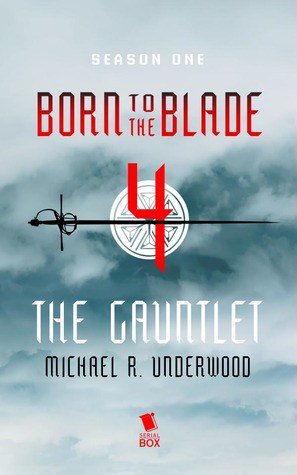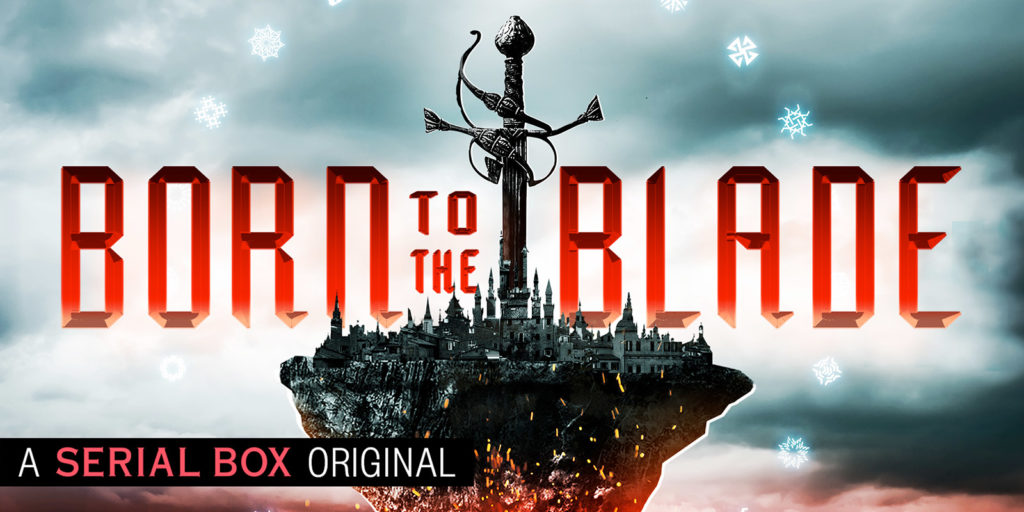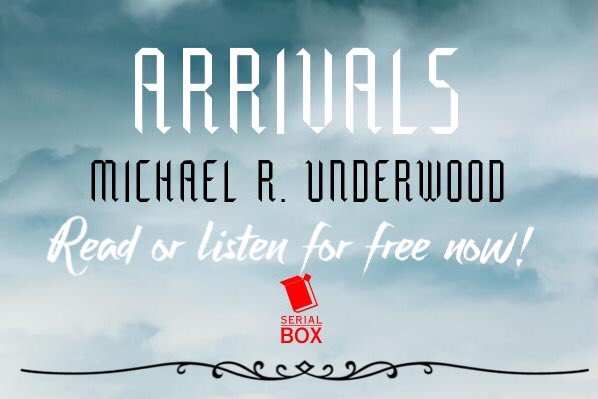Born to the Blade episode 4 “The Gauntlet” is here!
Kris will face six warders in their challenge to win Rumika a seat in the Warders’ Circle.

But has Kris made the alliances needed to win? Will they try to power through on prowess alone?
“The Gauntlet” completes act one of the season. Relationships are put to the test, characters forced to choose between orders & their own desire.
This episode was an absolute delight to write, and here’s some of the why:
“The Gauntlet” was the first episode I’d written once I had already read other team member’s takes on the characters and world. We’d already developed the characters at the summit, but as a writer, it is a whole other thing to read how other writers depict characters.
This episode was where I really started to see what this project could do in terms of impacting my craft, the challenge of working back and forth with the team as well as putting my personal stamp on the world in prose and not just concept.
A big part of that stamp was The Gauntlet itself. I drew on my personal experience competing in martial arts tournaments, from TKD to SCA fencing, as well as non-physical tournaments, where mental will is perhaps even more prominent as a factor in determining success.
Putting Kris through six life-defining duels over a very short period of time, while trying to maneuver politically to garner support even when they might not win, meant drawing on my own experiences as a competitor. It meant remembering the bruises, the heartbreak, the elation.
The other part that was the most fun was getting to showcase the different warders and their fighting styles. I drew on my experience with historical European martial arts as well as East Asian styles.
And then I got to add wizard dueling on top.
The idea for the magic system in Born to the Blade came in part from a desire to have magic feel *embodied*. To push hard against the direction that D&D pointed, where Wizards have d4 hit dice and can’t swing a sword worth jack.
The duels I wrote in the gauntlet and throughout the series are my current best efforts to further the art of writing duels and combat scenes in the genre.
I wanted to write duels so emotionally compelling that my easily-fatigued-by-action-scenes wife would love them. I wanted to show readers and maybe some writers that action and fight scenes can reveal, test, and develop character just as much as any other type of scene. People show who they are in a million great and small ways when they take up arms or choose not to.
And through it all, there is Kris. This daring, ambitious, dynamo far more at home in a training gym than a court setting. They are the vessel of their nation’s hopes and dreams and they push themself and learn about themself in ways they didn’t expect.
So that’s “The Gauntlet.”
Read “The Gauntlet” by subscribing at Serial Box and get the best deal on the whole season in ebook + enhanced audio.
Or you can read one episode at a time:
Amazon * Barnes & Noble * Kobo


